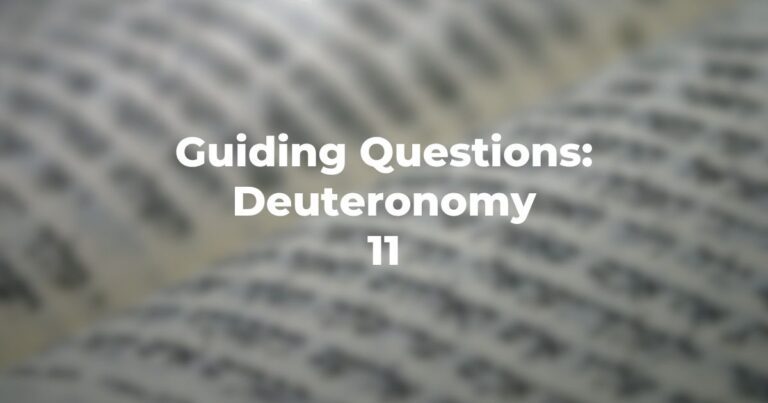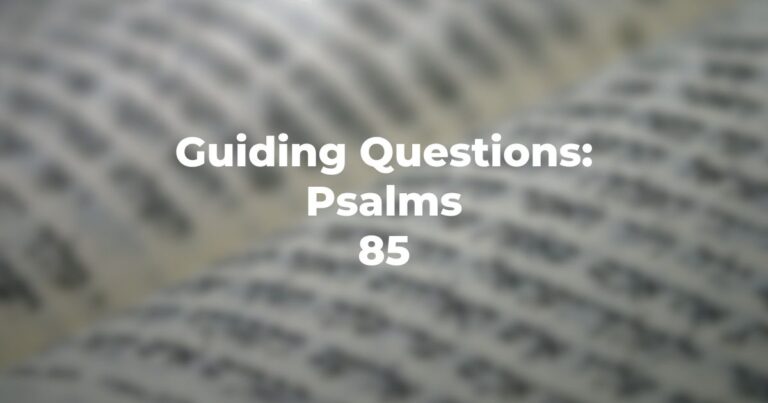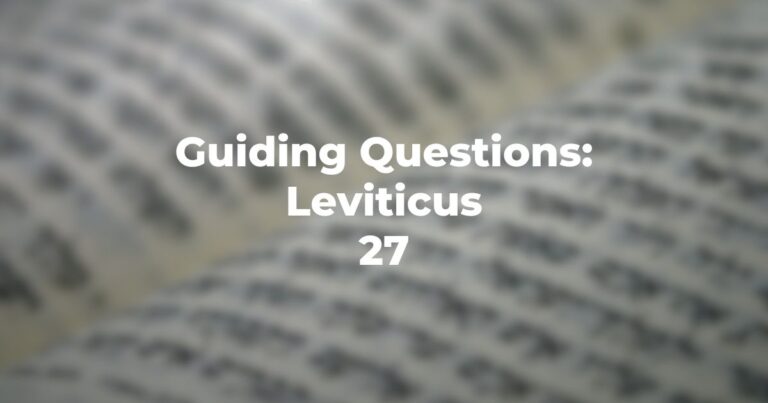- What alternate meanings are (might there be) for “his seed” (Leviticus 20:1)—semen or an actual child?
- Does the Molekh legislation obtain for Israelites only (Leviticus 20:2)?
- How is Molekh regarded vis-à-vis Divinity (Leviticus 20:3)?
- What is the punishment for Molekh worship if the “Am Haaretz” disregard the act?
- Who/what are the “Am Haaretz” (disregard contemporary meaning of the term)?
- What is the attitude towards “false soothsayers” (Leviticus 20:6)?
- In sum (Leviticus 20:7), how does the preceding legislation relate to the imperative “make yourself unique?”
- Why would the legislation which follows (Leviticus 20:9-21) be related to idol worship—or is the sequence happenstancial?
- How does Leviticus 20:9 relate to the “Ten Statements?”
- Are any of the sexual prohibitions which follow (Leviticus 20:10 et seq) related to sexual conduct between a man and his wife?
- What reason might there be for the especially severe punishment set forth in Leviticus 20:14?
- Why might the punishment for the acts described in Leviticus 20:17-19 be of less severity?
- Is any punishment by the community set forth in Leviticus 20:20—and what is the result of these prohibited acts?
- What is the purport of Leviticus 20:22 as to the earth “vomiting forth?”
- Leviticus 20:23 describes prohibited sexual conduct as characteristic of ____________?
- How does Leviticus 20:24-26 document that to be “kadosh” is to be “other” and “different?”
- How do Leviticus 20:27 and Leviticus 20:6 in this chapter relate to one another—and why the repetition?
Author
-

Exploring Judaism is the digital home for Conservative/Masorti Judaism, embracing the beauty and complexity of Judaism, and our personal search for meaning, learning, and connecting. Our goal is to create content based on three core framing: Meaning-Making (Why?), Practical Living (How?), and Explainers (What?).
View all posts




